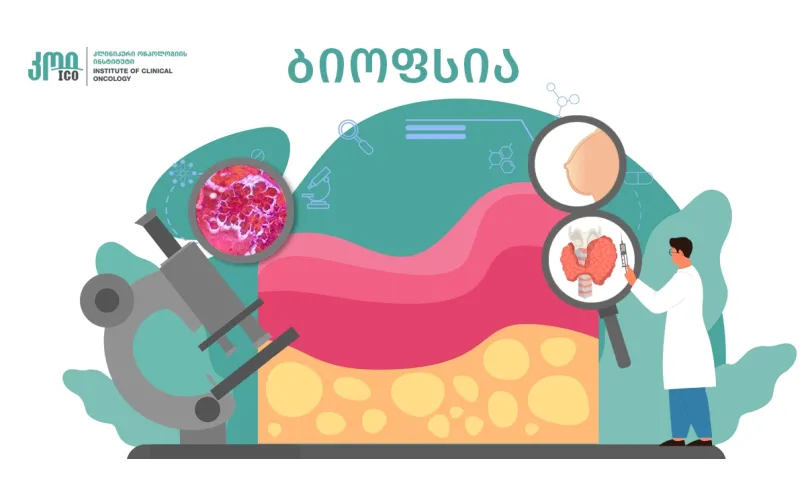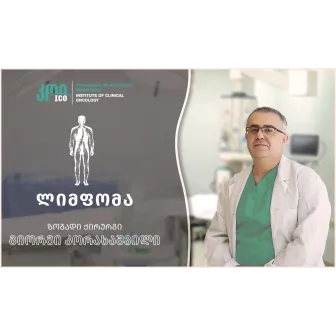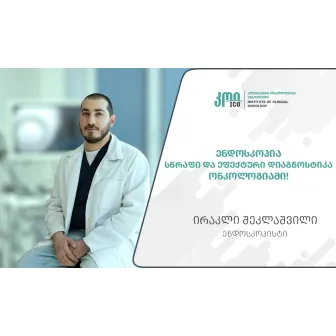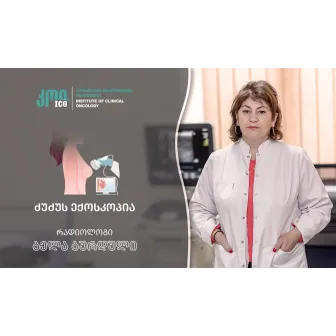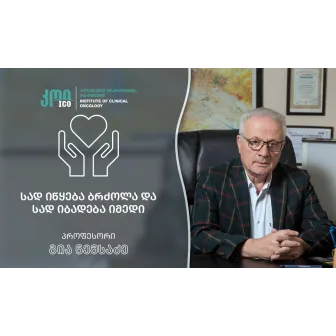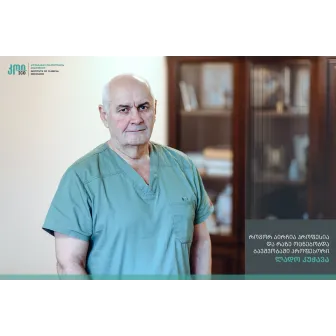Are you curious about what a biopsy is? How is it performed, and how safe is it? Lali Gogniashvili, a cytologist at the Institute of Clinical Oncology, talks to us about this topic.
What is a biopsy?
One of the methods of studying tumor neoplasms is cytomorphological examination, which involves examining and diagnosing the cellular structure of the formation. Obtaining the cellular material for the test is done by various methods, the most important of which is fine-needle aspiration biopsy.
When is a biopsy prescribed?
A biopsy is recommended in cases where other imaging examinations (such as ultrasound or computed tomography) have revealed a suspicious lesion. Its purpose is to clarify at the cellular level whether the lesion is benign or malignant, which is necessary to plan correct further treatment.
How is the procedure performed?
Fine-needle aspiration biopsy of tumorous and tumor-like subcutaneous masses is performed with an injection fine needle, in most cases without anesthesia. No chemicals are used during the procedure. The lesion is punctured and the material is aspirated, which is then prepared for cytological diagnosis after staining and microscopic examination.
Fine-needle aspiration biopsy can be performed from:
- subcutaneous lymph nodes,
- thyroid gland,
- soft tissues,
- breast neoplasms.
When the node is superficial and easily palpable, the procedure can be performed without ultrasound, but if the lesion is small or located in deeper layers in the body, a biopsy should be performed under ultrasound guidance and targeting, which increases diagnostic accuracy.
How safe is a biopsy?
This method is safe and less traumatic as it does not damage adjoining tissues and does not cause the spreading of a tumor, as patients sometimes fear. The examination is quick, and the patient returns to daily activities after the procedure.
How reliable are the biopsy results?
Fine-needle biopsy provides a high degree diagnostic accuracy, but in some cases, the obtained material may be insufficient, and a repeated biopsy is required. For this reason, the procedure is often performed by an experienced cytologist and sonographer, which further increases accuracy.
Common misconceptions about biopsy
Some patients believe that a biopsy can cause the cancer to spread, but this is a myth and has not been scientifically proven. In fact, a timely biopsy helps early detection of a disease and significantly increases the chances of successful treatment.
If your doctor recommends a biopsy, don't panic! This is a fast, safe, and essential test that is performed to protect your health.
- Views:1710




